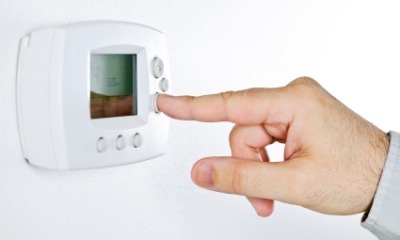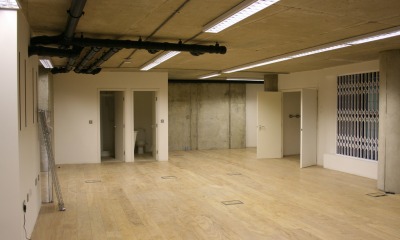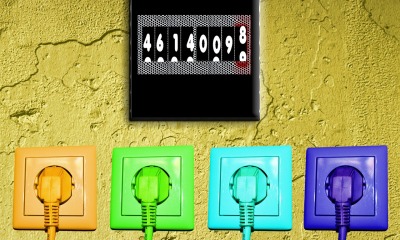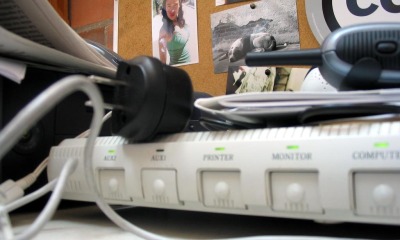Investments
Investing In Energy Improvements Can Save You Big Time
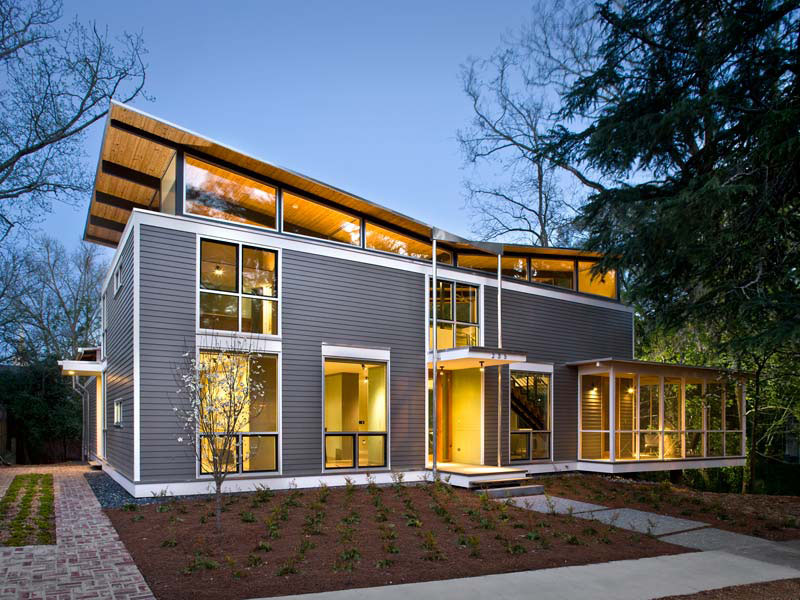
If you’re thinking about renovating your home either because the conditions are no longer suitable for safe living or simply because you wish to improve energy efficiency, you are most certainly looking for something that will be an upgrade, but which won’t cost you an arm and a leg.
Luckily, even if you invest a bit more money, most energy improvements will pay off sooner or later, which means you’ll be able to enjoy better living conditions and save money in the long run, not to mention doing the planet a big favor by using its resources more responsibly. So, what is it that you might do to make your home more efficient and what do you need to be careful about?
Low-flow fixtures
Inexpensive, but remarkably effective, these fixtures can help you reduce water consumption by almost a half. They are easily installed and allow you to use less water for washing and showering, but you’ll get the same result. You can install these fixtures on all taps or as special energy-efficient showerheads and the more fixtures you have, the more water and money you’ll save.
You should also consider installing dual-flush toilets if you haven’t already done that. They allow you to save significant amounts of water since you don’t waste the full tank each time you flush.
Lighting
Another aspect where significant savings can be made is lighting. If you replace your traditional bulbs with fluorescent or LED ones, you’ll have to splash out more at first, but since these new bulbs last longer and use much less energy, it shouldn’t take long before they pay off.

Appliances
Modern appliances are designed to use much less energy and other resources, such as water. For example, new dishwashers use around a half of the amount of water old dishwashers need for the same cycle. Not to mention tankless water heaters, which not only save water, but also last longer than tank heaters. So, if you’re buying a new appliance, make sure you look for the Energy Star label because it guarantees that the appliance is energy-efficient.
Thermostat
In case you haven’t already been using one, now is the time to buy it. Modern programmable thermostats really help you save both energy and money since they allow you to manage the cooling and heating system at home without having to be present in the house. If you set the temperature just a degree or two lower when you’re away and make it go up again just before your return, your heating bill will be much lower.

Insulation
Insulation is an option you should definitely look to improve. In the winter, it keeps you as warm as possible by preventing loss of heat. It is equally important in the summer as you don’t want to run a huge bill because of your air-conditioner.
If you’re not sure about the quality of insulation of your home, you’d better consult an expert, who should be able to give you a fair evaluation and estimate of potential works. When considering a budget for insulating your home, you need to take into account that people normally save about one-fifth of their heating and cooling bill with proper insulation. If you currently don’t have enough funds at your disposal for one such project, but would like to benefit from having a more energy-efficient home, follow this link to learn about the available financing options for homeowners.
Weather stripping
We are actually losing quite a lot of money if there are air leaks thanks to our cracked window frames. Since weather stripping materials are not expensive and their application is relatively simple, you can actually organize a DIY project that will improve the efficiency of your home.

Ceiling fan
Unless you really need an air-conditioner, a ceiling fan is a much more affordable, yet efficient option for cooling down your room. It is easier and cheaper to maintain and it uses less energy, which means you’ll be saving money, too.
As you can see, there are a lot of ways to make energy improvements that will not only create better living conditions, but also help you save money along the way, regardless if whether your living in this space or renting it to someone else. Some changes can be implemented immediately since they don’t require much money or skills, but others do require a bit more planning and more money. However, even when you need to spend a larger chunk at once, you can be sure that your investment will first pay off though better living conditions and later through lower electricity, utility, heating and cooling bills.
-

 Tech11 years ago
Tech11 years agoCreating An e-Commerce Website
-

 Tech11 years ago
Tech11 years agoDesign Template Guidelines For Mobile Apps
-

 Business6 years ago
Business6 years agoWhat Is AdsSupply? A Comprehensive Review
-

 Business10 years ago
Business10 years agoThe Key Types Of Brochure Printing Services
-

 Tech8 years ago
Tech8 years agoWhen To Send Your Bulk Messages?
-

 Tech5 years ago
Tech5 years ago5 Link Building Strategies You Can Apply For Local SEO
-

 Law5 years ago
Law5 years agoHow Can A Divorce Lawyer Help You Get Through Divorce?
-

 Home Improvement6 years ago
Home Improvement6 years agoHоw tо Kеер Antѕ Out оf Yоur Kitсhеn



